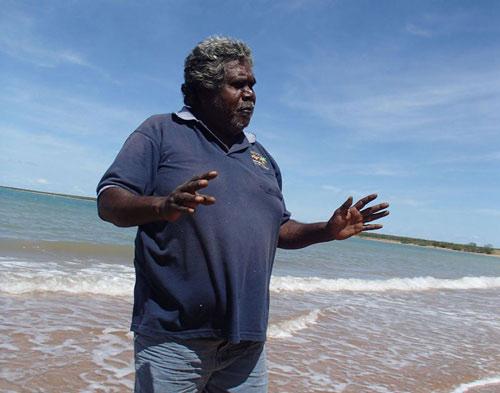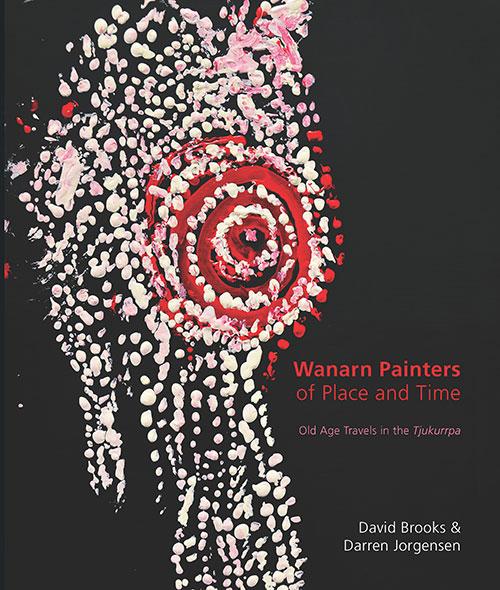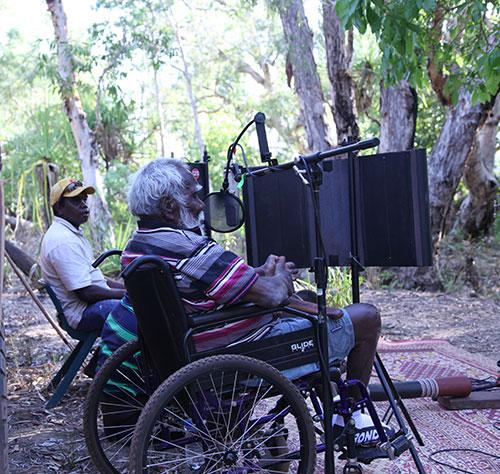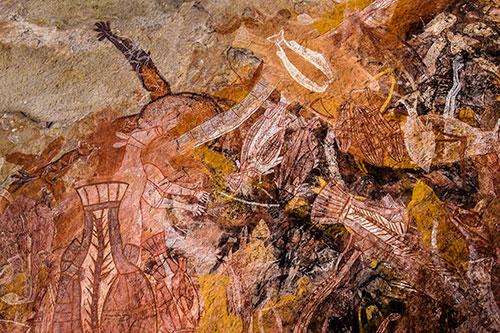
On 30 December 2015, Jukuja Dolly Snell, one of the Kimberley’s most treasured senior artists and significant cultural leaders left us, her spirit returning to the place of her birth and her family, to Kurtal in the heart of the Great Sandy Desert. She passed quietly with her devoted husband, Nyirlpirr Spider Snell, and grandson Japeth Rangi by her side.
Jukuja was born around 1935 near jila Kurtal in the Great Sandy Desert. She lived through a historically tumultuous time, shifting first from her desert life into the world of station work and servitude and then to the town camps that formed the foundation of Fitzroy Crossing. She was still a young girl when she came to the station country with her mother. They came first to Balgo and then Bililuna Station. They were living at Old Bohemia Downs when Jukuja’s promised husband, Nyirlpirr, came for her. Once together they were rarely seen apart, and were officially married at the old Burawa mission in 1986.
Jukuja and Nyirlpirr had two children, Henry and Dorothy Snell and they raised Lisa Uhl as their own. Her children have vivid memories of their parents working on the stations. Jukuja worked in the gardens and kitchen and Nyirlpirr worked in the stock camp. Henry recalls going back on school holidays, eating the bread and tea his mother made and going hunting. Jukuja taught her family about their culture, about hunting, traditional foods and desert life. Her daughter Dorothy remembers, “she took me all around to hunting places. My father used to get meat like wild cat and wirlka (small sand goanna) and she used to take me to get all the bush tucker”.
Jukuja was devoted to her family and helped her children to raise theirs. Her daughter Dorothy remembers, “when I had all of my kids – I had eight – she was there for me”. Jukuja’s granddaughter Rosetta calls her the “Kurtal Queen”, “For me she taught me everything about desert life. She showed me what to eat. There were so many things that she did for me and for my life.” Japeth her grandson recalls, “I started living with my grandmother in Fitzroy Crossing. When I was little she looked after me very well; she liked me. When I was old enough to go to school I moved to Djugerari community with my parents. Every time we came back here to Fitzroy she would see me and cry. This is how much she missed me. I felt sad and loved. I used to look back to her and always stayed with her for holidays.”
Jukuja started painting at Karrayili in the late 1980s. From that time she painted consistently through Karrayili Adult Education Centre and later Mangkaja Arts Resource Agency in Fitzroy Crossing. She was a founding member of both of these organisations. Jukuja worked alongside her peers from across the Great Sandy Desert as one of the leading artists responsible for the production of the iconic Ngurrara II native title canvas in 1997. She stood with her fellow artists and claimants and continued to fight for the legal ownership of their country. The ownership of Kurtal under kartiya law is now well on the way thanks to her and Spider’s unyielding commitment to recognition.
Jukuja was one of the artists that shaped the Aboriginal art boom of the 1990s. She featured in significant group shows such as the National Gallery of Victoria’s groundbreaking Images of Power in 1993. She developed a successful solo career with a distinctive style and voice. Her vibrant palette was masterfully layered with delicate detail and soft shapes that celebrate the iconic beauty of her country. She received the ultimate acknowledgement of her achievements when she was awarded the esteemed overall prize at the Telstra Art Awards in 2015. Her attendance and acceptance speech for the award brought all in the crowd to tears. Her work is held in many public and private collections including the National Gallery of Australia, the National Gallery of Victoria, the Art Gallery of New South Wales and the Museum and Art Gallery of the Northern Territory.
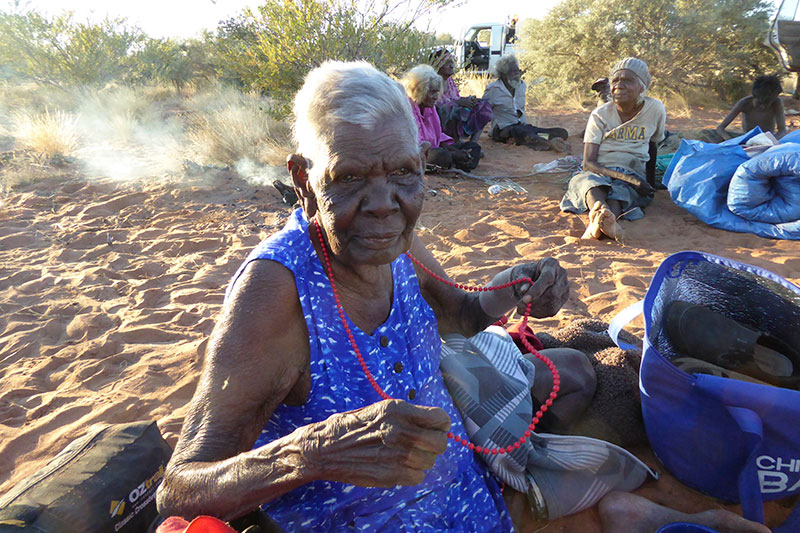
Jukuja had a clear strong voice and she was determined that her culture would continue. She had the foresight to ensure that her culture and country would be recognised by the broader Australian and international communities through her artworks and her role in the films produced about Kurtal, most recently the award winning Putuparri and the Rainmakers. Along with her husband, Jukuja was a key guide and provided strong direction for filmmaker Nicole Ma and the Mangkaja Arts team. On the 2015 release of the film, she watched it repeatedly at Guwardi Ngadu hostel with her husband and daughter.
Dolly Jukuja Snell was a joyous and passionate woman, a force for change and a gentle heart who welcomed everyone. Not a visitor would enter Mangkaja Arts studio without being called to sit with her and hear the story of the painting flowing from her brush. She had the gift to make everyone feel included and to gain the support of all around her to raise the profile of her culture and beloved country. When it came to cultural celebrations she was known for her singing. Her voice was audible above all others when her grandsons danced just as she and her husband had taught them.
We will remember her as her grandchildren do: “She was happy, happy for everything: for talking, telling stories, funny jokes and singing. She made us laugh. She had a lot of visitors in her camp. They would come from everywhere, Yakanarra, Wangkajunga and neighbours here in Mindi Rardi. Sometimes kartiya would come”.
It is with heavy hearts that we farewell this phenomenal and cherished woman. We celebrate her life knowing that she is with us all in spirit. Her legacy lives on in her life’s work – the generations she has raised and taught. May she rest peacefully.






